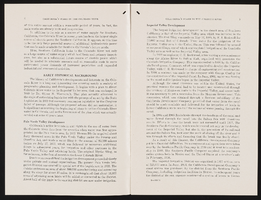Chabad of Green Valley
Rabbi Mendy Harlig and Rebbetzin Chaya Harlig established Chabad of Green Valley/Henderson out of their home in 1998, where they offered religious services, holiday celebrations and classes to the local Jewish community. In 2002, they moved into the Eastern Ave storefront, enabling the center to enhance its existing services and expand into a wider variety of programs benefiting the community. Chabad of Green Valley/Henderson has recently had a groundbreaking on the site of their new property, located on Carnegie St. between Kenneth Ave.









